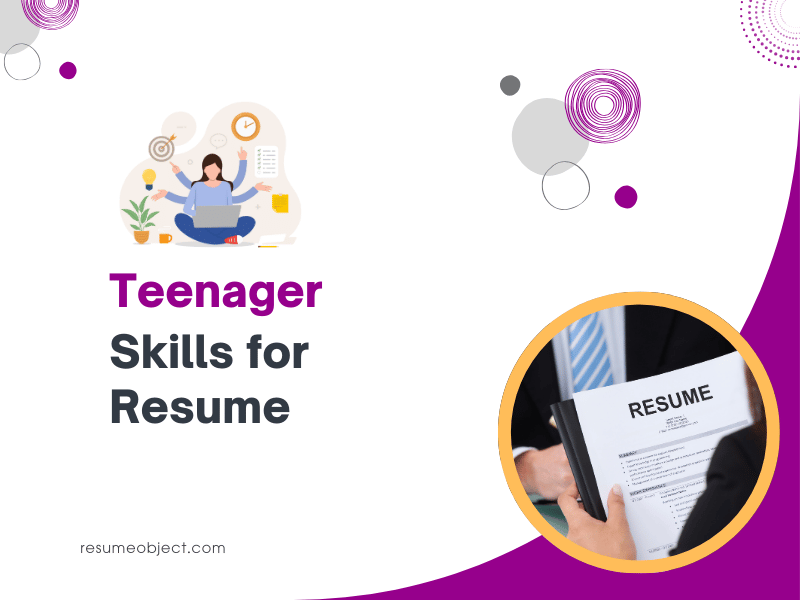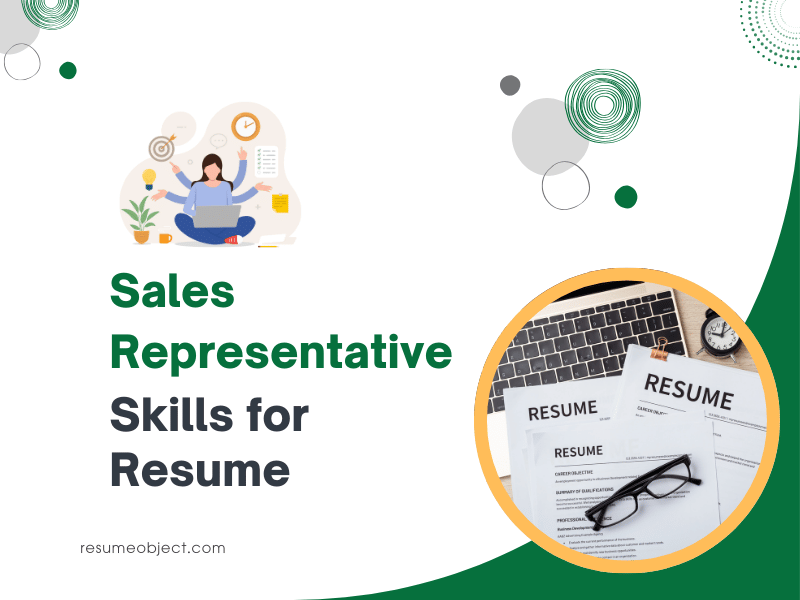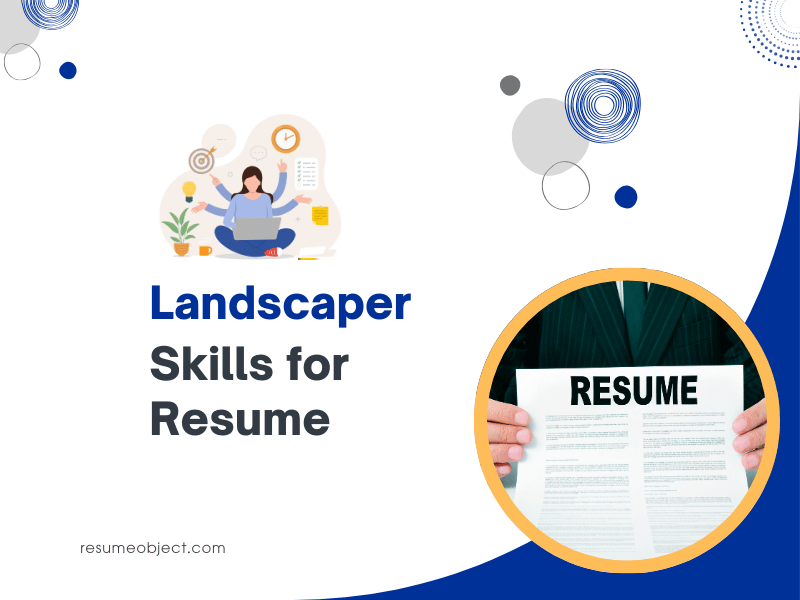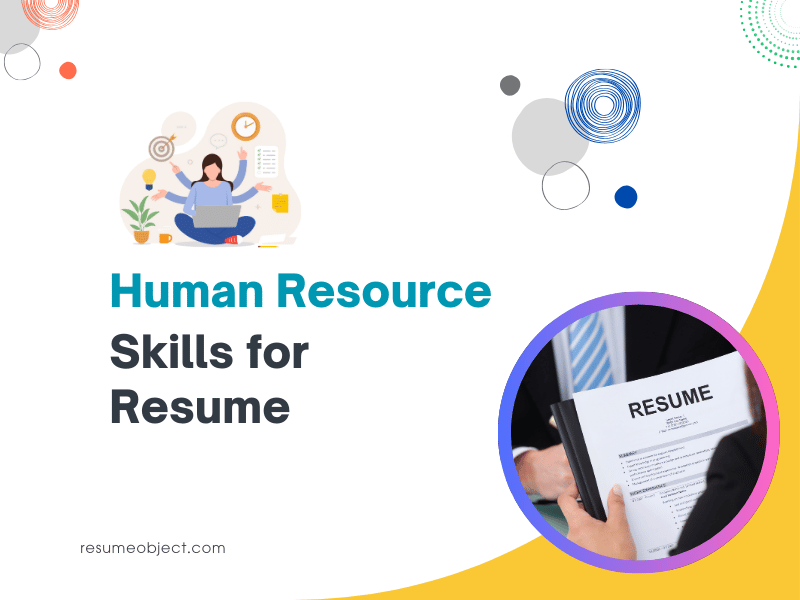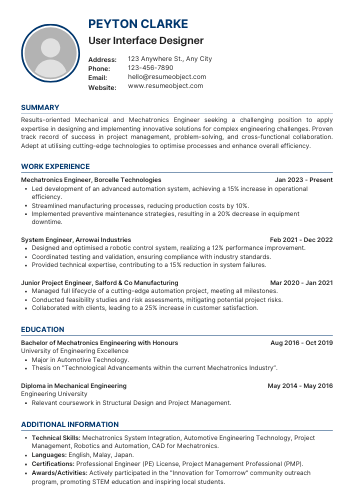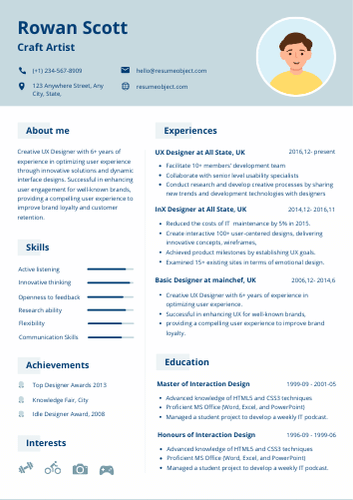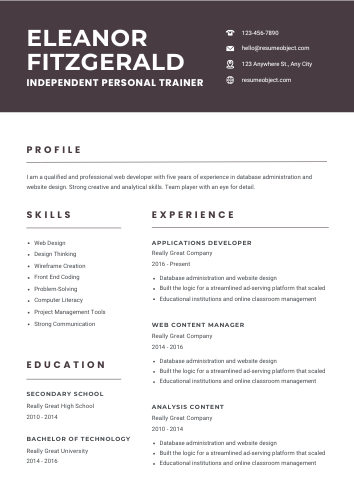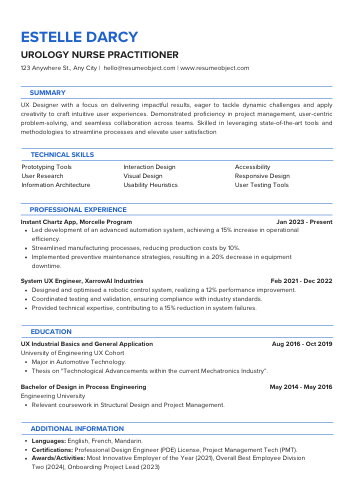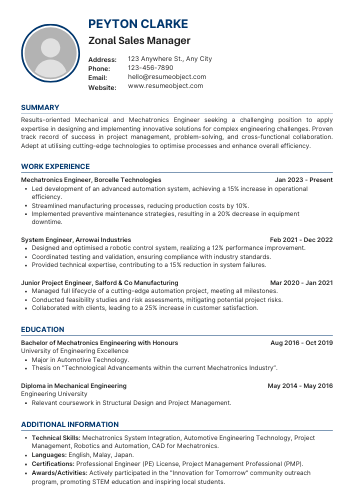30 Research Skills for Resume – How to List for Research Resume
Research Skills on Resume
Showcase your research strengths with a concise, targeted list that proves impact. This guide highlights 30 essential Research Skills for Resume, from literature review and data analysis to experimental design and critical thinking, with tips on prioritizing, quantifying results, and tailoring skills to roles. Learn exactly how to list skills that make hiring managers call you first for competitive roles.
Why Research Skills Matter for a Resume
Highlighting research skills on a research job resume demonstrates analytical rigor, methodological expertise, data-handling proficiency, and critical thinking—showing employers you can design studies, interpret results, solve problems, and deliver reliable, actionable insights that drive projects and organizational measurable goals forward.
Research Skills for Resume are essential for any research role because they demonstrate your ability to gather, analyze, and synthesize information accurately and efficiently. Employers hire researchers to solve complex problems, validate hypotheses, and produce actionable insights; showcasing methodological rigor, critical thinking, and data literacy on your resume signals you can deliver reliable results. Clear documentation and ethical data handling further prove you can manage projects from inception to publication, increasing trust and impact.
Highlight these skills to stand out:
- Literature review & source evaluation for credible foundations.
- Quantitative analysis, statistics, and data visualization.
- Qualitative methods, interview design, and thematic analysis.
- Research design, protocol development, and ethical compliance.
Emphasize measurable outcomes—publication count, citation metrics, grant awards, reproducible code, or improved process efficiency—to convert abstract abilities into concrete proof that recruiters and hiring managers can quickly evaluate, increasing interview invites and accelerating your path to higher-impact research roles and career growth.
Boost promotion chances by showcasing key Supervisor Skills for Resume; learn leadership, delegation, communication, conflict resolution, performance management, and team motivation techniques for resume success.
Top 20 Skills for a Research Resume
Research skills are essential for showcasing your analytical abilities and attention to detail. Here’s a list of the top 20 skills to include on your research resume:
- Data Analysis
- Literature Review
- Statistical Analysis
- Survey Design
- Qualitative Research
- Quantitative Research
- Critical Thinking
- Report Writing
- Time Management
- Project Management
- Problem Solving
- Data Collection
- Presentation Skills
- Database Management
- Attention to Detail
- Communication Skills
- Internet Research
- Experimental Design
- Research Methodology
- Collaboration Skills
Top Hard Skills for a Research Resume
Discover the top hard skills that hiring managers value on research resumes—technical proficiencies, data analysis tools, and methodological expertise you'll need to highlight to demonstrate rigor, credibility, and immediate impact in competitive research roles today.
-
Data Analysis: Proficiency in interpreting complex data sets to derive meaningful insights and support decision-making processes.
-
Statistical Software Proficiency: Familiarity with tools like SPSS, R, or SAS for conducting statistical analysis and modeling.
-
Literature Review: Ability to systematically search, analyze, and synthesize existing research to inform new studies.
-
Survey Design: Expertise in creating effective surveys and questionnaires that yield reliable and valid data.
-
Qualitative Research: Skills in conducting interviews, focus groups, and ethnographic studies to gather in-depth insights.
-
Quantitative Research: Competence in designing experiments and surveys that involve numerical data and statistical analysis.
-
Report Writing: Strong ability to document research findings clearly and concisely, tailoring reports for various audiences.
-
Presentation Skills: Proficiency in presenting research findings to stakeholders using visual aids and effective communication techniques.
-
Project Management: Experience in planning, executing, and overseeing research projects to ensure timely completion and adherence to objectives.
-
Critical Thinking: Ability to evaluate information critically, identify biases, and assess the validity of research findings.
-
Technical Writing: Skill in producing clear and precise documentation related to research methodologies, protocols, and results.
-
Database Management: Knowledge of managing and organizing data in databases for easy retrieval and analysis.
-
Ethical Research Practices: Understanding of ethical guidelines and regulations governing research involving human or animal subjects.
-
Time Management: Capability to prioritize tasks effectively to meet deadlines in fast-paced research environments.
-
Collaboration Skills: Experience in working collaboratively with interdisciplinary teams to enhance research outcomes and innovation.
Other Skills for Resumes
Top Soft Skills for a Research Resume
Discover essential interpersonal and cognitive abilities that elevate research resumes, showcasing collaboration, critical thinking, clear communication, adaptability, and leadership skills employers prioritize when assessing candidates’ potential to contribute effectively to teams, projects, and organizational goals.
-
Critical Thinking: The ability to analyze information and evaluate different perspectives to make informed decisions in research.
-
Communication: Proficiency in conveying complex ideas clearly and effectively, both in writing and verbally, to diverse audiences.
-
Collaboration: Working well with others, sharing ideas, and contributing to team efforts to achieve common research goals.
-
Adaptability: The capacity to adjust to new information, methodologies, and changing project requirements in a dynamic research environment.
-
Problem-Solving: Identifying issues and developing innovative solutions to overcome challenges encountered during research.
-
Attention to Detail: Ensuring accuracy and precision in data collection, analysis, and reporting to maintain research integrity.
-
Time Management: Effectively prioritizing tasks and managing time to meet deadlines and ensure efficient progress in research projects.
-
Creativity: The ability to think outside the box and generate original ideas or approaches that enhance research outcomes.
-
Interpersonal Skills: Building and maintaining positive relationships with colleagues, stakeholders, and participants to foster a collaborative research atmosphere.
-
Emotional Intelligence: Understanding and managing one's emotions and those of others to navigate social complexities in research settings.
How to List Research Skills on a Resume
Discover tips and examples to showcase your analytical strengths and methodologies effectively on your CV; learn how to list skills strategically to highlight accomplishments, including essential Research Skills for Resume that attract hiring managers’ attention.
When crafting your resume for a research position, highlighting your research skills is crucial. Use the focus keyword "Research Skills for Resume" to ensure your expertise stands out. Start by creating a dedicated section for skills, where you list both hard and soft skills relevant to research roles. This may include data analysis, statistical software proficiency, and critical thinking.
Consider using bullet points for clarity:
- Proficient in statistical analysis software (e.g., SPSS, R)
- Strong data collection and management skills
- Excellent written and verbal communication
- Ability to synthesize complex information
- Experience conducting literature reviews
Incorporating these research skills into your resume not only showcases your qualifications but also aligns with the expectations of hiring managers looking for candidates who can make an impact. Tailor your skills to match the job description for maximum effectiveness.
Resume Example for Research with Skills Highlighted
Discover a detailed example showcasing how to effectively present your research experience and key skills. This sample resume guides you in highlighting your strengths to stand out in academic and professional research opportunities.
Name: John Doe
Address: 123 Research Lane, City, State, Zip
Phone: (123) 456-7890
Email: [email protected]
LinkedIn: linkedin.com/in/johndoe
Objective:
Detail-oriented and analytical research professional with extensive experience in data analysis, literature review, and experimental design. Seeking to leverage strong research skills for a challenging position in a dynamic research environment.
Education:
Master of Science in Research Methodology
University of Knowledge, City, State
Graduated: May 2022
Bachelor of Arts in Psychology
College of Science, City, State
Graduated: May 2020
Research Experience:
Research Assistant
Department of Psychology, University of Knowledge
June 2020 - Present
- Conducted comprehensive literature reviews to support ongoing research projects, enhancing the understanding of key topics in psychology.
- Developed and implemented experimental protocols, utilizing advanced research skills to ensure accurate data collection and analysis.
- Analyzed quantitative and qualitative data using statistical software (SPSS, R), resulting in the publication of 3 peer-reviewed articles.
- Collaborated with a team of researchers to design surveys and questionnaires, improving response rates by 25%.
Intern, Research Analyst
Innovative Research Solutions, City, State
January 2020 - May 2020
- Assisted in data collection and analysis for market research projects, applying strong research skills to identify trends and insights.
- Created detailed reports and presentations to communicate findings to clients, demonstrating effective communication and analytical abilities.
- Engaged in brainstorming sessions to develop new research methodologies, contributing innovative ideas that enhanced project outcomes.
Skills:
- Strong Research Skills: Proficient in literature reviews, data collection, and statistical analysis.
- Analytical Thinking: Ability to interpret complex data and derive actionable insights.
- Technical Proficiency: Experienced with statistical software (SPSS, R, Excel) and qualitative analysis tools (NVivo).
- Communication: Excellent written and verbal communication skills, adept at presenting research findings.
- Team Collaboration: Proven ability to work effectively in team settings and contribute to group objectives.
Certifications:
- Certified Research Analyst (CRA)
- Advanced Statistical Analysis Certification
Publications:
- Doe, J., & Smith, A. (2022). Understanding Behavioral Patterns: A Comprehensive Review. Journal of Psychology Research.
- Doe, J. (2021). The Impact of Social Media on Mental Health: A Meta-Analysis. Journal of Behavioral Studies.
References:
Available upon request.
Action Verbs to Pair with Research Skills
Action Verbs to Pair with Research Skills on a Resume help candidates highlight impact; Action Verbs to Pair with skills should complement Research results, demonstrating analysis, initiative and measurable contributions employers seek for hiring managers
- Analyzed
- Evaluated
- Investigated
- Synthesized
- Compiled
- Assessed
- Conducted
- Formulated
- Discovered
- Documented
- Interpreted
- Organized
- Collaborated
- Presented
- Recommended
Common Mistakes to Avoid When Listing Research Skills
Mistakes to avoid while adding Research Skills on a Resume streamline wording to show impact, avoid vague claims, common mistakes to avoid while adding skills; demonstrate Research Skills for Resume using concise, verifiable clear examples.
When crafting your resume, particularly for research positions, highlighting your research skills for resume is crucial. However, there are common pitfalls that can undermine your efforts. Avoiding these mistakes will help ensure that your resume stands out to potential employers and accurately reflects your capabilities.
- Vagueness: Listing research skills without specific examples can leave employers confused about your expertise. Always provide context or details about your experience.
- Overloading with Jargon: Using too much technical language can alienate hiring managers who may not be familiar with specific terms. Keep it clear and accessible.
- Irrelevant Skills: Including skills that aren't directly related to the research position can dilute your resume's impact. Focus on what’s pertinent to the job.
- Neglecting Soft Skills: Research isn't just about hard skills; interpersonal skills like communication and teamwork are also vital. Don’t forget to mention these.
- Ignoring Formatting: A cluttered or poorly organized resume can distract from your research skills for resume. Ensure a clean, professional layout for easy readability.
By steering clear of these mistakes, you can effectively showcase your research skills and increase your chances of landing that desired position.
Tips for Listing Research Skills on Resume
When crafting a resume, showcasing your Research Skills for Resume is crucial to stand out in a competitive job market. Employers seek candidates who demonstrate strong analytical abilities, attention to detail, and effective data interpretation. To enhance your resume, focus on highlighting relevant research experiences and methodologies that align with the position you’re applying for.
Here are the best tips for adding Research Skills for Resume:
- Quantify Achievements: Use numbers to showcase the impact of your research, such as publications or successful projects.
- Tailor Your Skills: Customize your skills section to match the job description, emphasizing relevant research techniques.
- Include Tools and Software: Mention any research tools or software you are proficient in, like SPSS, NVivo, or Excel.
- Highlight Collaboration: Emphasize teamwork and collaboration in research projects to demonstrate your ability to work with others.
- Showcase Continuous Learning: Mention any courses or certifications related to research methodologies to illustrate your commitment to professional development.
Do
Do: Quantify research outcomes - Briefly state metrics (e.g., publications, citations, data sets) to showcase impact; essential Research Skills for Resume.
Do: Highlight methodologies - Name techniques/tools (surveys, regression, NVivo, SQL) to prove technical proficiency; essential Research Skills for Resume.
Do: Showcase cross-functional collaboration - Note teamwork with stakeholders or labs to emphasize communication and project management; essential Research Skills for Resume.
Do: Emphasize problem-solving examples - Describe a challenge, your approach, and result to demonstrate analytical thinking; essential Research Skills for Resume.
Do: Include continuous learning - List relevant courses, certifications, or conferences to show up-to-date expertise; essential Research Skills for Resume.
Don't
Don't: Stuff your resume with vague “research skills” - hiring managers want specific methods and tools (e.g., qualitative interviews, regression analysis, NVivo, SPSS), not generic labels.
Don't: Claim advanced research techniques you can't prove - exaggeration gets uncovered in interviews or tests; only list skills you can confidently demonstrate with examples.
Don't: Omit context or impact for research work - include brief outcomes (e.g., “improved retention by 12%” or “supported $1M funding proposal”) to show value, not just tasks.
Don't: Ignore formatting and keywords - bury research skills in long paragraphs; use clear bullets and include role- and ATS-relevant keywords from the job description.
Don't: Neglect soft research competencies - don’t list only tools; add critical thinking, experimental design, data interpretation, and communication to show you turn data into decisions.
FAQs about Research Resume Skills
How many skills should I include on a Research resume?
Include 5-7 relevant Research Skills for Resume to showcase your expertise without overwhelming the reader. Focus on skills directly related to the job to highlight your qualifications effectively and make a strong impression.
How do I know which skills are most relevant for a Research job role?
To identify the most relevant Research Skills for Resume, analyze the job description, highlight required technical and analytical abilities, and tailor your skills to match industry standards and employer expectations for the specific research role you’re targeting.
How can I prove the Research skills I list on my resume?
Demonstrate Research Skills for Resume by highlighting specific projects, methodologies used, data analysis, and outcomes. Include relevant certifications, publications, or presentations to validate your expertise and show tangible results from your research efforts.
Should I update my Research skills section for each job application?
Yes, tailor your Research Skills for Resume to each job application by highlighting relevant skills and experiences. Customizing this section increases your chances of matching the job requirements and standing out to employers.
How to list Research skills on a resume?
List Research Skills for Resume by highlighting specific abilities like data analysis, critical thinking, and information gathering. Use bullet points, quantify achievements, and tailor skills to the job description to showcase your expertise effectively.

Research Skills for Resume
Research Skills for Resume: Discover 30 essential research skills to list on your resume, with examples, phrasing tips, and industry-specific bullet points to land interviews.
Top Hard Skills
Statistical analysis with R and Python
Experimental design and protocol development
Data visualization using Tableau and Matplotlib
Machine learning model development and validation
Scientific literature review and synthesis
Top Soft Skills
Critical thinking and analytical reasoning
Effective written and verbal communication
Problem-solving and creative troubleshooting
Attention to detail and accuracy
Time management and prioritization skills
Mistakes to Avoid When Listing Skills
Listing irrelevant skills
Inflating proficiency levels
Overloading with buzzwords
Tips to List Skills
List methodologies and research tools
Quantify outcomes and project impact
Include relevant publications and presentations
Free Resume Templates
